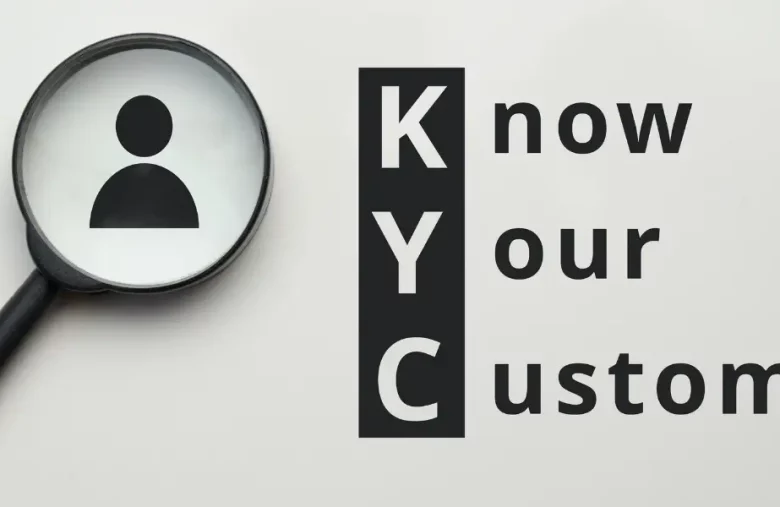What Is KYC?

KYC, or Know Your Customer, is a process that is designed to verify the identity of a customer or client in the financial world. This process is used by financial institutions, including cryptocurrency exchanges, to ensure compliance with anti-money laundering (AML) and counter-terrorism financing (CTF) regulations. The goal of KYC is to prevent financial crimes, such as money laundering and terrorist financing, by verifying the identity of customers and ensuring that they are not on any government watchlists.
In the cryptocurrency world, KYC is often required when setting up an account with a cryptocurrency exchange or when making large transactions. The process typically involves providing the exchange with personal information, such as a government-issued ID and proof of residence, which the exchange then verifies against third-party databases. Some exchanges may also require additional information, such as a copy of a utility bill or a bank statement, to further verify the customer’s identity.
There are several reasons why cryptocurrency exchanges implement KYC processes. Firstly, it helps them comply with AML and CTF regulations, which are designed to prevent the use of financial systems for illegal activities. Secondly, it helps exchanges protect themselves and their customers by ensuring that they are dealing with legitimate customers and not criminals or terrorists. Finally, it helps exchanges build trust with their customers by demonstrating that they are taking steps to prevent financial crimes and protect their customers’ personal information.
While KYC can be seen as a hassle for some customers, it is an important step in ensuring the integrity of the financial system and protecting against financial crimes. It is also worth noting that not all exchanges have the same level of KYC requirements, and customers can choose an exchange that has a KYC process that they are comfortable with.



